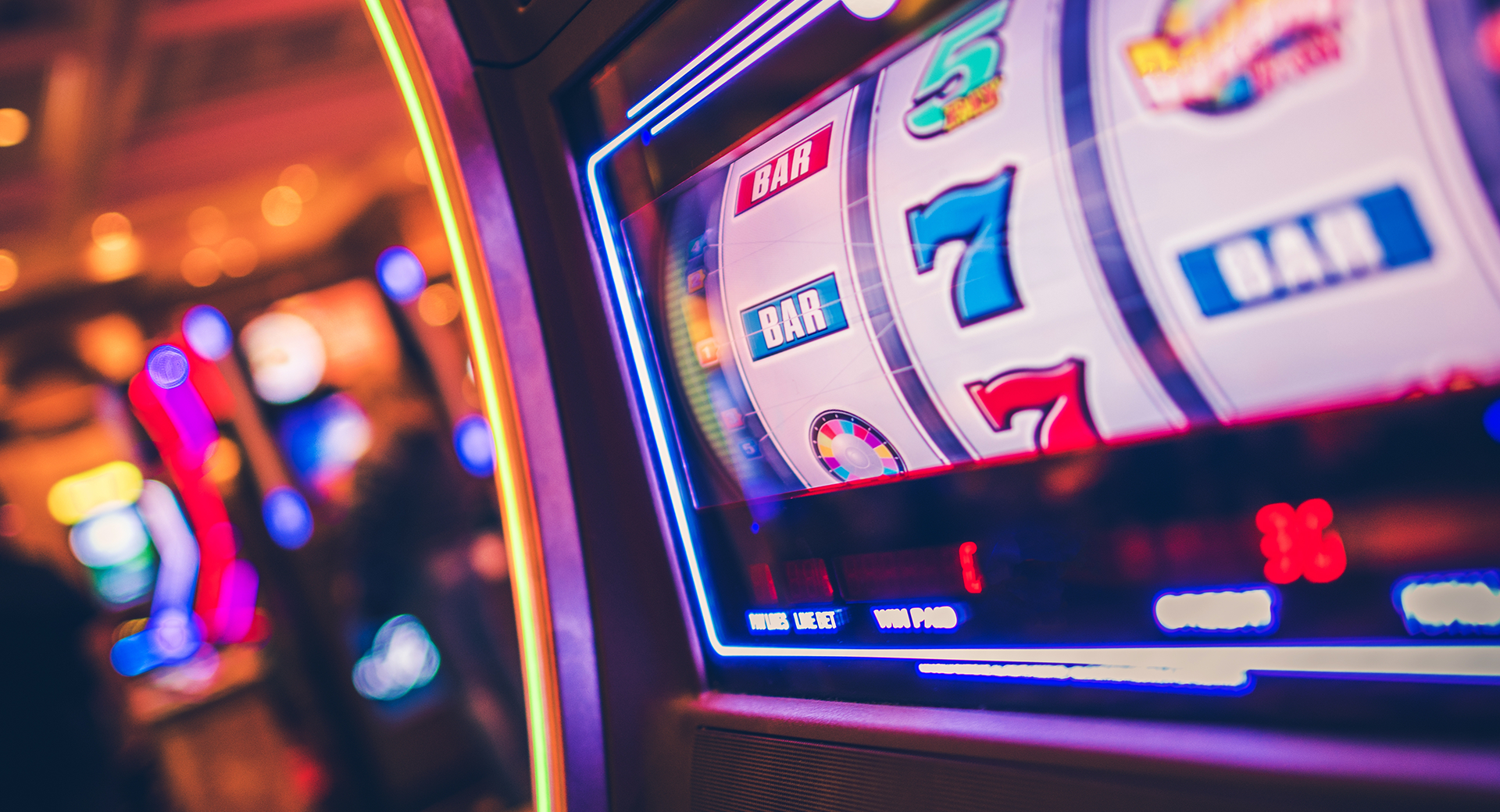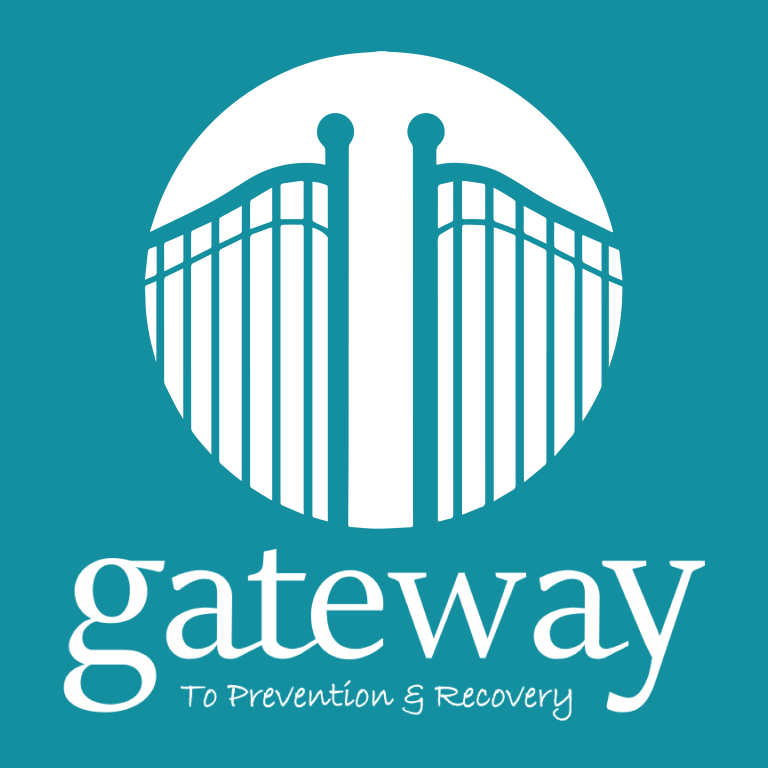
Since 2004 when Oklahoma made casino gambling legal, the industry has exploded. Until the pandemic in 2020 there were 128 licensed casinos in the state, which generated over 2 billion dollars in revenue and over 123 million in tribal gaming exclusivity fees for the 2020 fiscal year. Primarily due to the pandemic, 2020 was the third lowest year for exclusivity fees in the past 10 years. Regardless of the revenue generated, there is a very big downside to this booming industry.
Problem gambling has had serious effects on our families and communities. Fortunately, a large number of people are able to gamble recreationally without experiencing any negative consequences, other than possibly being slightly annoyed about losing a little expendable income. Unfortunately for others, it becomes a life altering, chronic disorder where the gambler is unable to stop, regardless of the ever-increasing negative consequences.
The Oklahoma Association on Problem & Compulsive Gambling states “Two million (1%) of U.S. adults are estimated to meet criteria for pathological gambling in a given year. Another 4-8 million (2-3%) would be considered problem gamblers; that is, they do not meet the full diagnostic criteria for pathological gambling, but meet one or more of the criteria and are experiencing problems due to their gambling behavior.”
Signs that you or someone you care about may have a problematic relationship with gambling include:
- increased preoccupation with gambling.
- irritability when trying to stop.
- trying to win back money from previous losses.
- increasing the amount of money bet.
Consequences addictive gambling may include but are not limited to:
- harm to any and all relationships (ie, spousal, parent-child, coworkers, and friends).
- poor work performance
- increase in drug and alcohol use
- financial ruin
- legal issues
- suicidal thoughts or attempts.
A common question posed to those who suffer from problem gambling by others is “Why don’t you just stop?” As someone who (in a previous life) worked in the casino industry and now tries to help those with a gambling addiction, I can attest to the fact that it simply is not that easy. These are normally not people that others would have thought of as “weak” or lacking self-control, but instead, many of them have been viewed as strong and responsible. The effects of gambling on a problem gambler are very similar to other addictions like drugs and alcohol even though it’s not a chemical that can be consumed. Gambling alters their mood and mental state, aiding them in avoiding other issues they may be dealing with or giving them a break from their reality. Much like drugs and alcohol, the more often they do it, the more tolerance they develop, making it necessary to increase their activity and/or the amounts they gamble to continue to achieve the same effects. As those behaviors increase, the gambler’s ability to resist gambling decreases.
Having support from outside sources and being able to talk to other people who understand has been proven to help those struggling with problem gambling. If you or someone you know needs assistance, there is help available.
- Connect with http://www.oapgg.org and take their self-assessment and/or fill out the self-exclusion form.
- Call the 24-hour confidential helpline at 1-800-522-4700.
- Contact Gateway to Prevention and Recovery at 405-273-1170 for a free gambling assessment, individual counseling, and group sessions.
